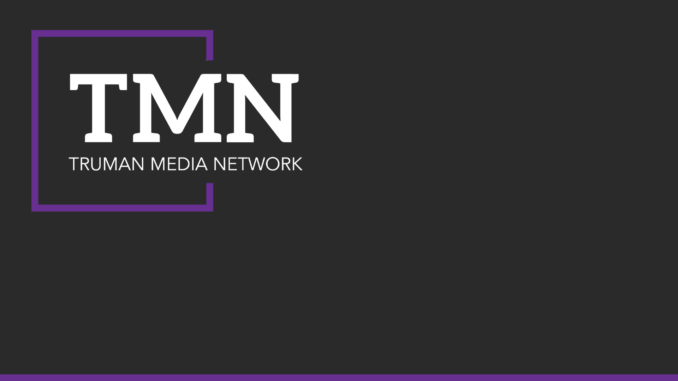
We talk a lot about identity here at Truman State University. Who am I? Where do I come from? How does my identity shape who I will become and what I will do? How do we as Truman students relate to each other? We’re still exploring what it means to be a liberal arts university.
With the focus on personal identity, I am surprised that in the four years I’ve been here, I’ve never heard anyone address the negative aspects of the communal identity of what it means to be a Typical Truman Student.
When I stop and think about the TTS, I picture someone who walks the dangerous line between productive stress and debilitating stress. They’re overworked and under-rested, and they’re competitive about it. To be a good student here means to be all these things — the more stressed you are, the more dedicated you are.
That TTS identity is not one we should be encouraging. It’s unsustainable. Ultimately, an identity that is built around stress is destructive, though many of us might not realize the danger until the damage has already been done.
We can offer all the mental health resources in the world, but we can’t make people use them. What we can do is work with each other to create a balance between personal and academic expectations; where the expectation of achievement is not outweighed by the expectation of personal health.
Instead of perpetuating this identity, let’s build a community of students, professors and administrators that value balance and make it the priority of their interactions. Let’s become students who know how to create boundaries between work and actual life. Understand that sometimes, saying no to another responsibility or asking for help is the more responsible path.
Professors, set that example for your students by following through with policies that encourage students to ask for help. Realize that for a student to ask for an extension often means they’ve had to admit to themselves they weren’t able to meet your, or their, expectations. Administrators, set the standards of those policies. Instead of being a community that glorifies stress as the evidence of dedication, let’s recognize it for the symptom of the failing system it is.
In the last year, we’ve spent a considerable amount of time addressing how Truman can offer better mental health resources to its students. That’s a great conversation to be having, but I think it’s also important that students and faculty start thinking about how we contribute to the process of building a more healthy identity.
Community is such a vital aspect of identity. It can be easy to neglect community building. We’re too busy, too stressed, too focused on the responsibilities we’ve taken on in the name of ambition. But maybe if we take the time to focus on being part of a positive community, we’ll start to develop a healthier school identity.
One way to do that is to immerse yourself in the events that represent the Truman community. Go to sporting events. We might be a primarily academic school, but you only have to look to the Winter Olympics to see the power sports have to bring people together. Celebrate your peers’ accomplishments — even if you don’t personally know someone, be proud that a member of your school has done something worthy of honor. Participate in the university bonding events like Purple Fridays that serve as simple reminders we are all a part of one community.Too often, we are so immersed in our struggles, we become disconnected from Truman and from Kirksville, so much so that milestones such as Homecoming or the 150th anniversary of our University go by with little acknowledgement from the majority of the student body. Connect with your community and become part of something bigger than yourself.
Four years from now, when I picture TTS, I want to envision someone who is proud to bleed purple and white. Be someone who recognizes their value isn’t measured by their level of stress; someone who can look back at their time in college and see proof of their growth, not only as a scholar, but as a person.
